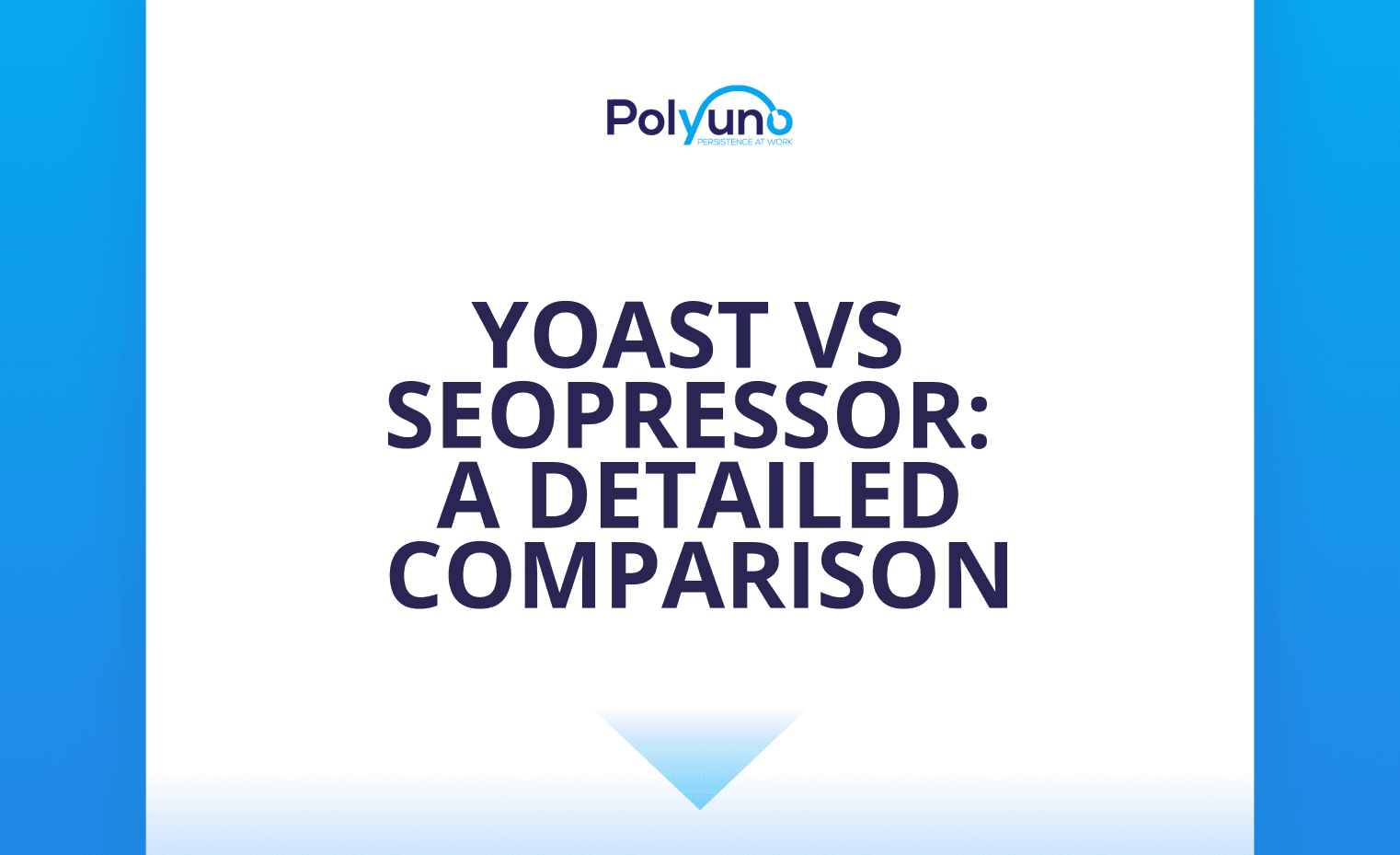
To rank well in search results, every website owner knows that effective Search Engine Optimization (SEO) is essential. When your site is adequately optimized, it will help search engines such as Google draw more traffic. In addition, a good WordPress SEO plugin such as Yoast or SEOPressor can significantly improve your site's performance.
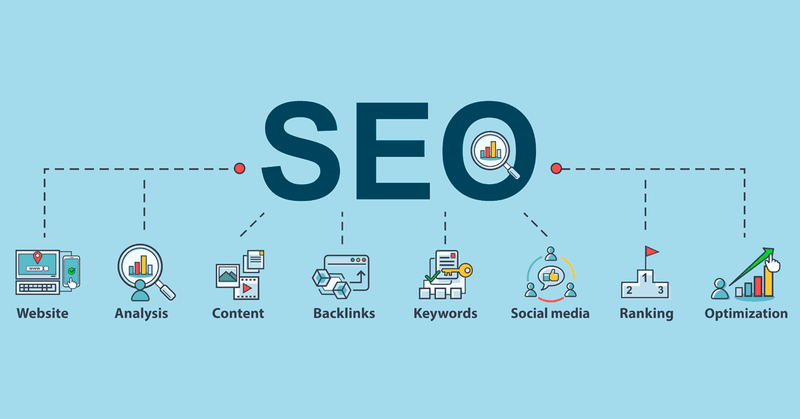
Almost all WordPress themes provide some built-in methods for optimization for search engines, but using an SEO plugin is recommended over using built-in methods.
The WordPress SEO plugin market is currently crowded with several useful plugins. Among them are Yoast SEO and SEOPressor Connect.
Which among them will be more beneficial for your WordPress blog in 2022? Keep reading to find out.
WordPress plugin Yoast SEO helps you rank well in search engines like Google by optimizing your site for search engine optimization. In addition, it assists you in optimizing your content for search engines by improving its readability. With more than 450 employees worldwide, Yoast has a turnover of more than $12 million a year.

Yoast SEO offers a variety of tools and features that can help you maximize your SEO performance. Some features allow you to optimize the search engine rankings of your whole website; other features enable you to optimize the search engine rankings of individual posts and pages.
The Yoast SEO plugin contains the essential SEO tools for free. The company's motto is "SEO for everyone.". But if you want a system that offers you even more SEO features, you should upgrade to Yoast SEO Premium.
WordPress plugin SEOPressor has become one of the most popular tools for on-page optimization. Over 100,000 websites use it worldwide. It is a tool capable of raising the standards for your website by helping it reach out to the Internet.
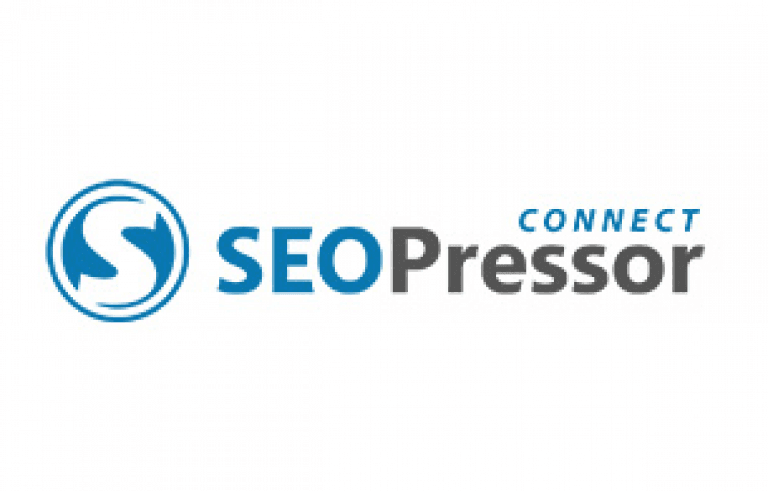
As your website connects to more people, you will gain more publicity, which will result in increased traffic. This is precisely what SEOPressor will do for you. When you attain even the highest Google ranking in your niche, as SEOPressor has consistently achieved, your business prospects are almost certain to improve.
Although WordPress has built-in search engine optimization, plugins can still be more effective. By using a CMS, search engines can browse and index websites that are structured effectively. It is, therefore, possible to handle almost all of the technical SEO by using WordPress alone.
Users can also customize the website title and tagline to improve their organic rankings and employ pretty permalinks.
As such, you don't need an SEO plugin for your website to be correctly indexed by Google. The Genesis theme is excellent for SEO optimization, but SEO plugins allow you to go one step further with on-page SEO.
With this feature, you can control how your content appears in search engine results and social media. Moreover, you may create better-optimized content that will rank higher organically with Google when you use these plugins. A plugin will handle the remainder of search engine optimization and make your website more competitive by outranking your competitors.
SEOPressor offers competitive pricing plans. There is a plan available from SEOPressor at $9/month. SEOPressor exists in just one version. There is no free option, but an initial buy-in is more affordable, but a one-time pricing option is not available. Using SEOPressor only comes with one option.

Yoast offers two pricing options: free or $89 per month. One of the reasons Yoast is one of the most popular SEO plugins for WordPress sites is their free SEO plugin. They recently announced that they created Yoast SEO Premium, a more comprehensive and expansive version of the plugin that costs $89 for a one-time fee.
There is a considerable difference in price between Yoast Premium and SEOPressor, and many website owners balked at the old price of Yoast. However, if you are already enjoying Yoast, the Yoast Premium version is a significant upgrade.
There is one downside to Yoast's free version: the dashboard includes ads. If you use the service, the company will attempt to sell you upsells and affiliate products as an alternative to monetizing your content. Generally, you can ignore the advertisement, although some people may find it annoying.
An XML sitemap is integral to a proper SEO strategy. Yoast's functionality addresses that issue. A Yoast SEO account is generated automatically upon installation, and it is automatically updated whenever new content is created. Additionally, you can modify your XML settings in the WordPress admin dashboard by going to SEO > XML Sitemaps.
The pinging action sent by Yoast SEO allows Google and Bing to see your updated sitemaps. The purpose of this is to enable search engines to add new content rapidly to their index and update indexed content when it is updated. Using the XML sitemap option, you'll also ping Yahoo and Ask.com whenever new content is published.
SEOPressor's functions revolve around optimizing your content. As a result, SEOPressor presents you with the on-page score of each of your posts and pages. If you want this feature to function, you should assign three keywords to each page. After you've performed keyword research and selected at least one keyword, the tool will propose several ways for you to improve the SEO score of your content.
This feature is different from others because you can include latent semantic indexing (LSI) keywords in your posts. Even though studies on LSI keywords are a bit dicey, it doesn't hurt to use the best ones in your post if you can increase the score. In addition, the LSI keyword generator will allow you to enter relevant keywords other than your target keyword.
Using the SEOPressor's Site Audit tool is a great way to track the SEO performance of your website. No matter what your experience level with SEO is, the score will provide you with an understanding of why your site is optimized or not. In addition, a plugin like this shows you exactly what needs to be fixed on your site to be optimized.
Yoast allows you to easily and quickly ensure your keyword density is in the correct range and other factors that affect your on-page SEO are correct, as well as get notified when your URLs/slugs need to be fixed. As a reminder, it can keep you on track as you write post after post. You can see what results are there under the WYSIWIG editor under the post/page editor after entering the focus keyword.
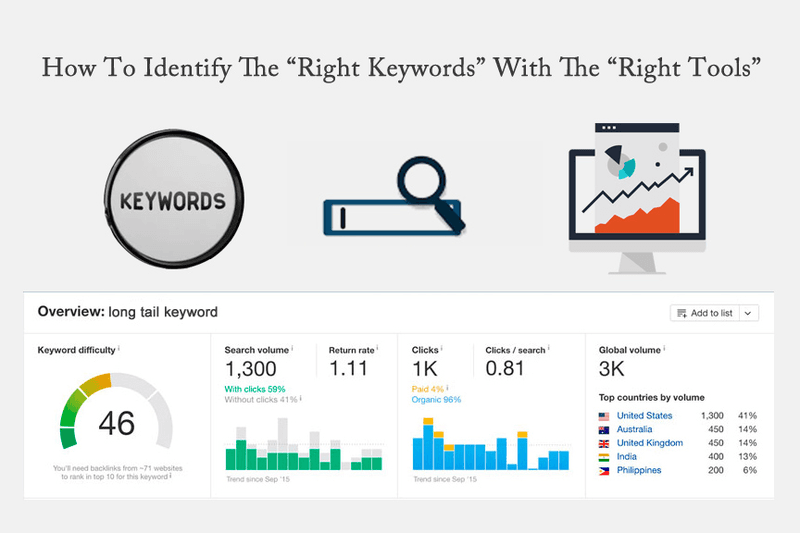
With the free Yoast plugin, you could optimize for multiple keywords by changing them each time you optimize. However, that would take quite some time.
Using the SEOPressor plugin, your WordPress site will be detected by Google more accurately, and you will be able to know what keywords are most appropriate to use for bringing traffic to your website.
With SEOPressor Version 6.1, users could optimize for multiple keywords and phrases. This is essential for your content to appear in search engine results for relevant search terms. The 6.2 release continues to contain this feature.
There are fewer features in Yoast Free than you would expect. Using the Flesch Reading Ease score, you will be evaluated on your reading ease, which measures how many big, complicated words you use.
Additional options are available with Yoast Premium. One involves conducting a content analysis to identify your five most frequently used phrases. Of course, there might be some redundant phrases, or maybe they are antagonistic to your keyword choice, in which case you'd change a few of them.
With SEOPressor, things are taken to the next level. Latent semantic search resembles Google's latent semantic indexer, which finds comparable phrases and keywords without using a specific keyword phrase. You can spice up your search engine optimization without using too many long-tail phrases with this technique. They also have a proprietary engine called SemantiQ, which can perform more semantic analysis.
Link management can be pretty crucial for internal and external links. Links in your profile should not point to bad sites, contain many internal links, and use the follow and nofollow attributes correctly.
Nofollow links aren't much different than what WordPress already provides. SEOPressor lets you manage your nofollows completely, but that's not an advanced feature. The main difference is the internal linking.
You cannot add internal links to Yoast's free version. Yoast Free ignores internal links, that doesn't mean you can't use them. However, the free edition will not analyze them or offer recommendations.
The Yoast Premium package does include recommendations. You can find out what keywords you are targeting with your content by using Yoast's site index. You will then be able to add internal links based on keyword indexing as you compose.
The SEOPressor software includes a smart link manager and smart linking. A search crawler or broken link checker is usually required to audit all links on your site, but a smart link manager helps you do that. This tool can help you locate redirections and broken links that you might want to replace. In addition, SEOP can connect internal, relevant keywords to internal content based on its semantic indexing of your site, taking the link recommendations one step further.
In contrast to Yoast SEO, SEOPress can be white-labeled, which means you can change the logo, labels, and icons to market it as your own.
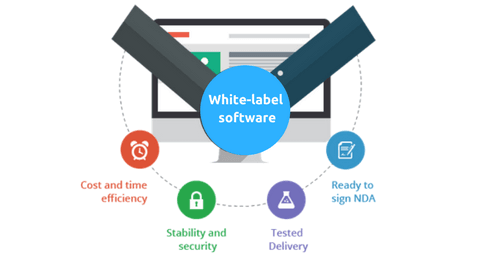
A business with similar models like agencies can earn a lot of revenue. For example, a client may be provided with SEO services and then be billed recurring fees for SEOPress.
Also available in the free version is the white labeling feature with no ads and compliance with GDPR.
Support is extremely useful when you run into issues with a plugin or an update, or if you have a question about how your setup should be. Unfortunately, Yoast Free doesn't retain that level of service here. Their FAQ and SEO blog is very good, and their knowledge base is well-populated with Yoast-specific instructions. Using the FAQs and blogs, you will be able to resolve your issues on your own or with the community's help. Unfortunately, there is no support provided for the free version.
Yoast Premium offers 24/7 email support. They offer very good and responsive support, but your license gives you only one year of support.
Talking about Yoast, it is important to note that Yoast updates both the free and paid versions every two weeks. As a result, you will maintain an edge over changes in the Google algorithm while ensuring that bugs are fixed as soon as possible. Some updates may be delayed beyond schedule.
Despite updating fairly frequently, SEOPressor does not maintain a regular schedule. They only do so when they have a reason to do so. They respond to changes on Google, but their updates aren't as frequent as Yoast's. For administrators who prefer to remain hands-off, this can be an advantage. In exchange for paying for the plugin, you do get priority support via email for life and lifetime updates.
Both Yoast SEO and SEOPress provide excellent search engine optimization plugins for WordPress. But the question is: Which one stands out between the two?
In the first place, SEOPress is more affordable and offers unlimited functionality compared with Yoast, which costs twice as much and requires multiple licenses. Additionally, it offers additional integrations and white labeling.
Alternatively, Yoast offers search engine optimization, keyword density checks, and sitemap generation tools.
SEOPress is the right option for marketers looking to white label SEO plugins or integrates their websites with online stores. It is also the best option for businesses looking to keep costs low.
With regard to keyword analysis and content analysis, Yoast is better suited to those who plan to use it on numerous sites.
Regardless of what you choose, PolyUno can greatly increase the efficiency of your search marketing skillfully. PolyUno builds software, enhances user experience, and designs better by anticipating, adapting, and innovating to meet clients' needs.
So, what are you waiting for? Sign up today and help your brand build and transform its digital journey!